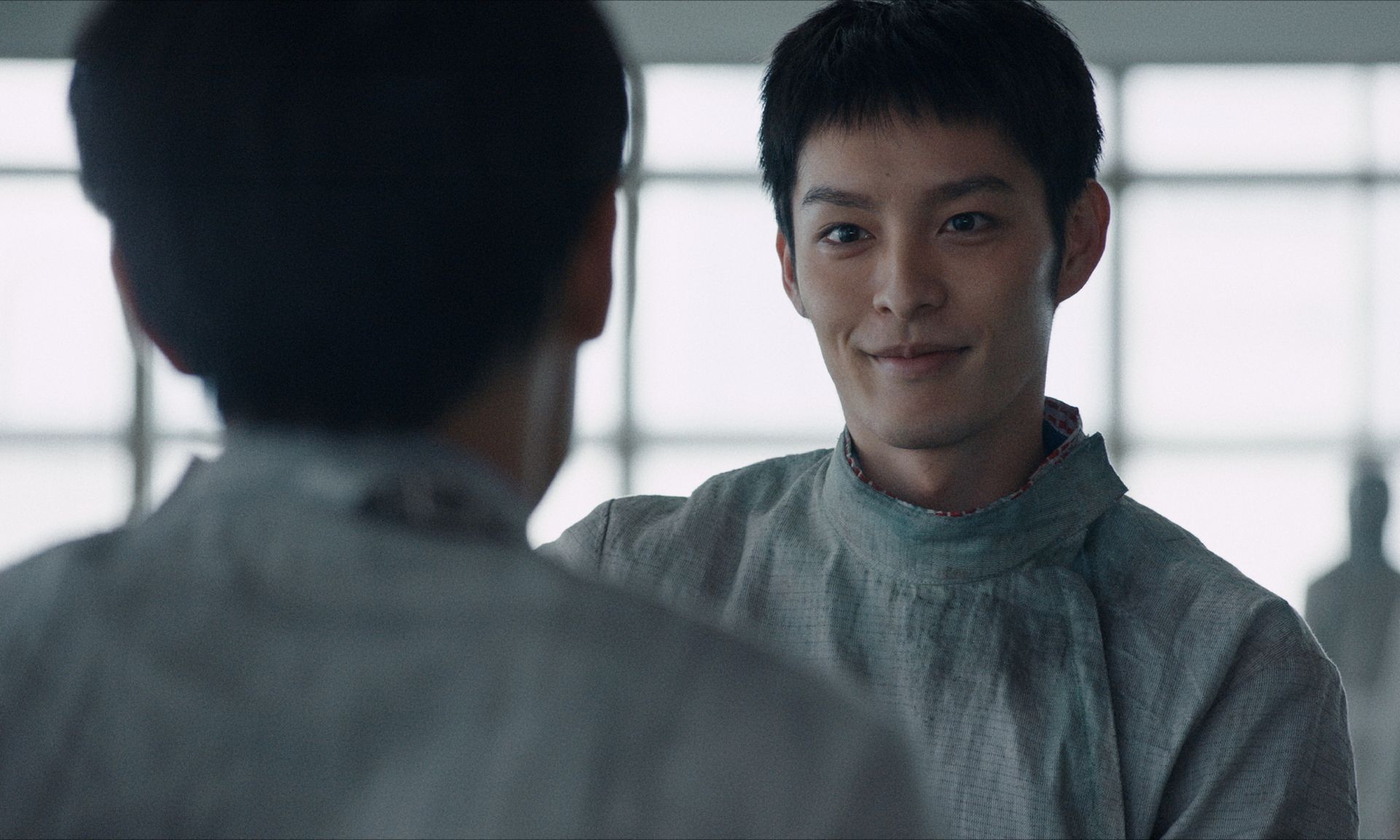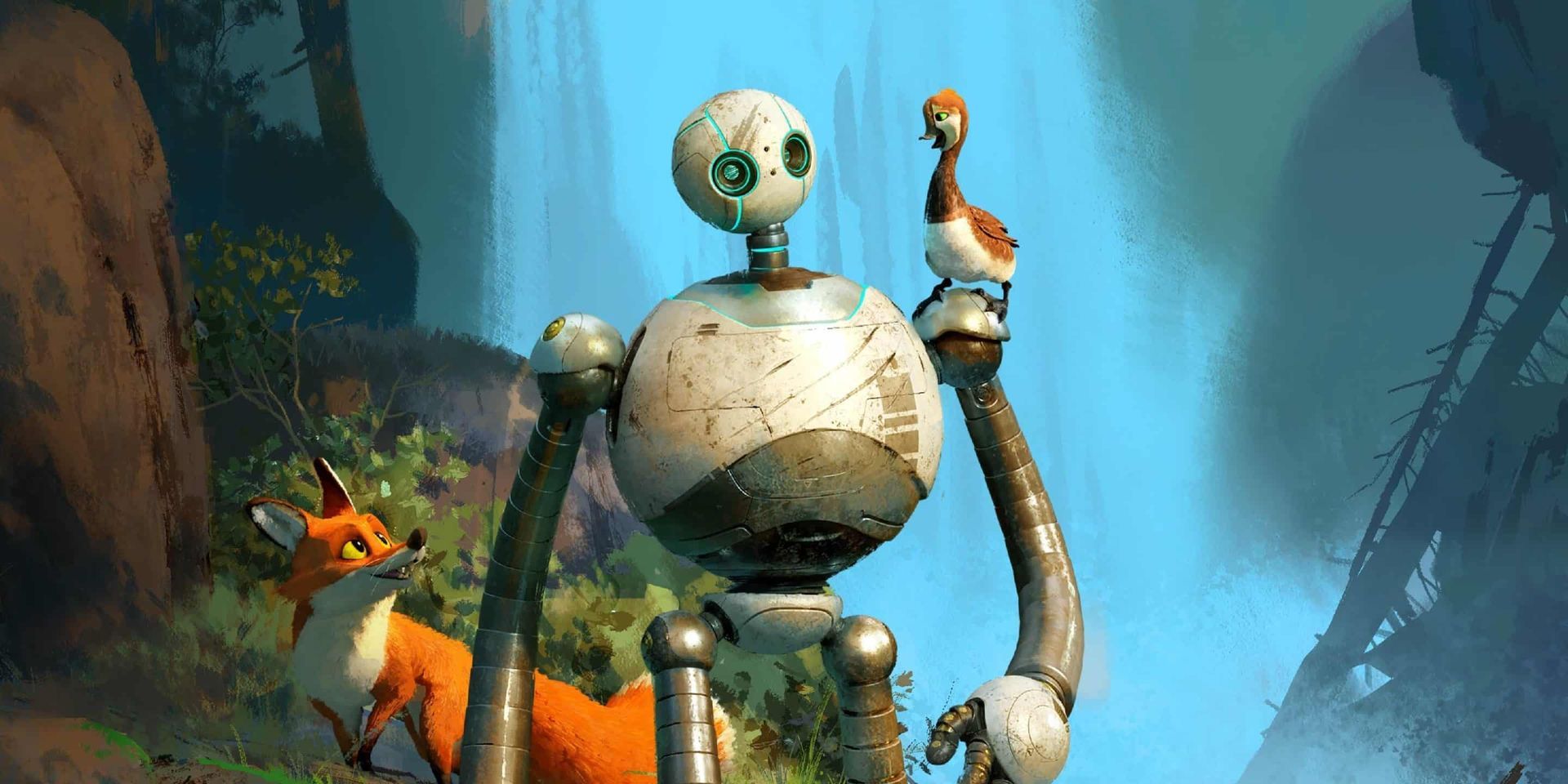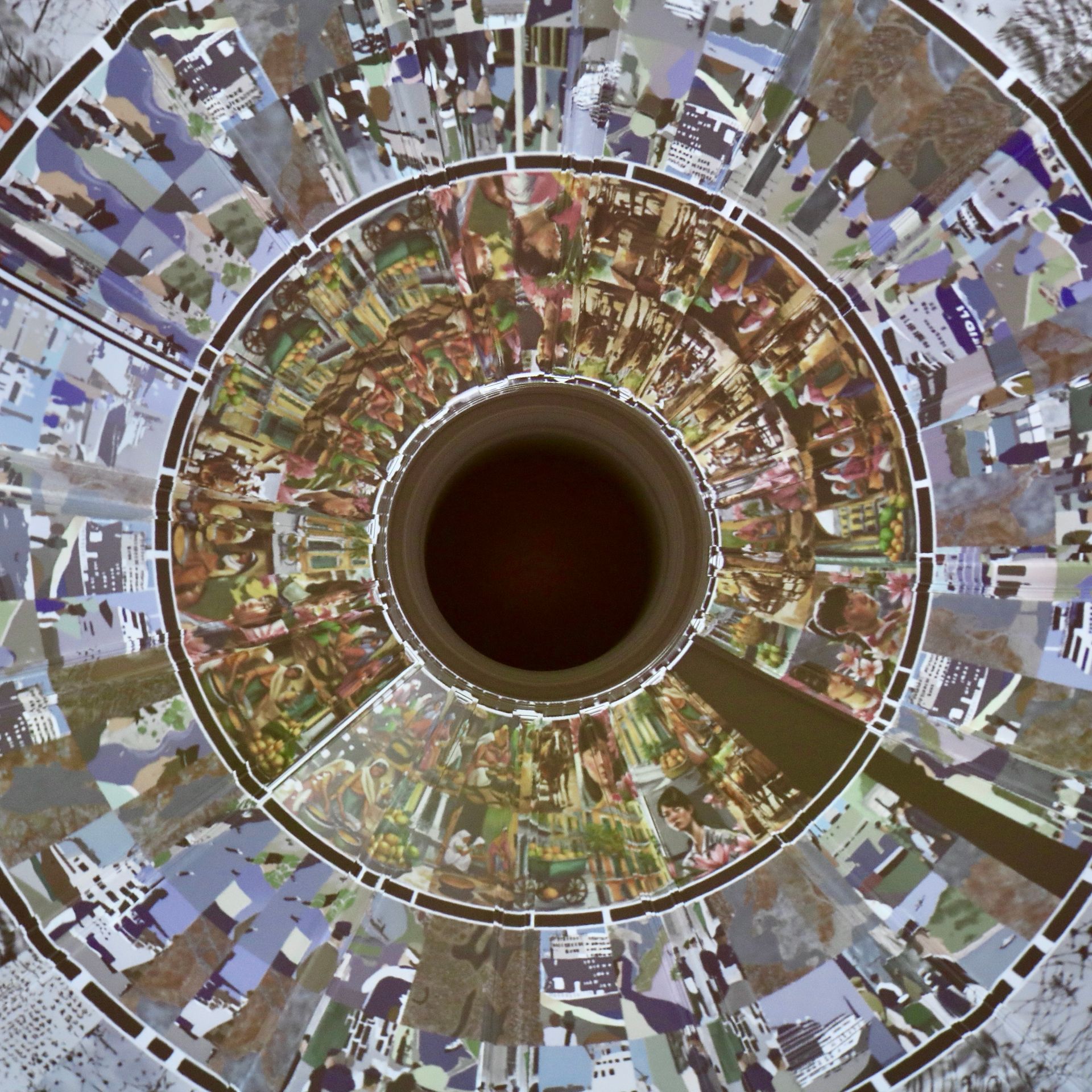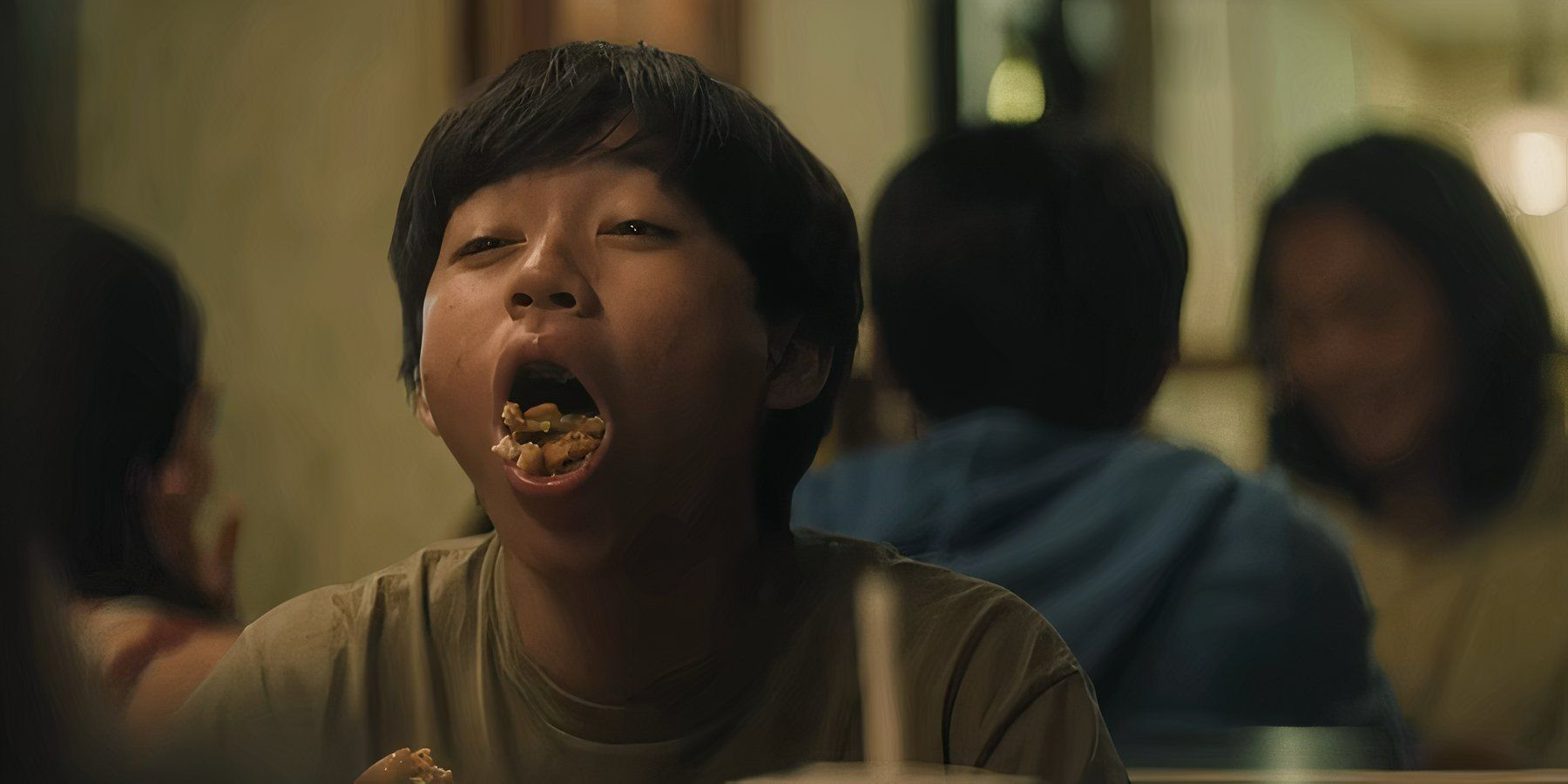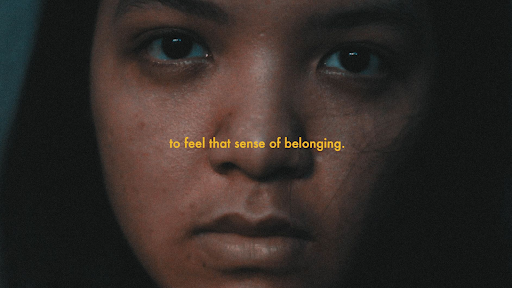A Programmer's Love For Film
A Programmer's Love For Film
It may be 39 this year, but the Japanese Film Festival (JFF) shows no signs of slowing down. Started in 1983, the festival still remains committed to introducing Japanese cinema to Singaporean audiences but has expanded to include masterclasses, critic talks, director Q&As and retrospectives. This year, they are premiering a partnership with Pia Film Festival, with a shared commitment towards “finding and nurturing new filmmaking talents”. What started as a series of movie screenings has evolved into the pre-eminent platform for any enthusiast of Japanese cinema or culture. Whether you want an entry point into the world of Japanese film or are already a die-hard fan, there is something for everyone.
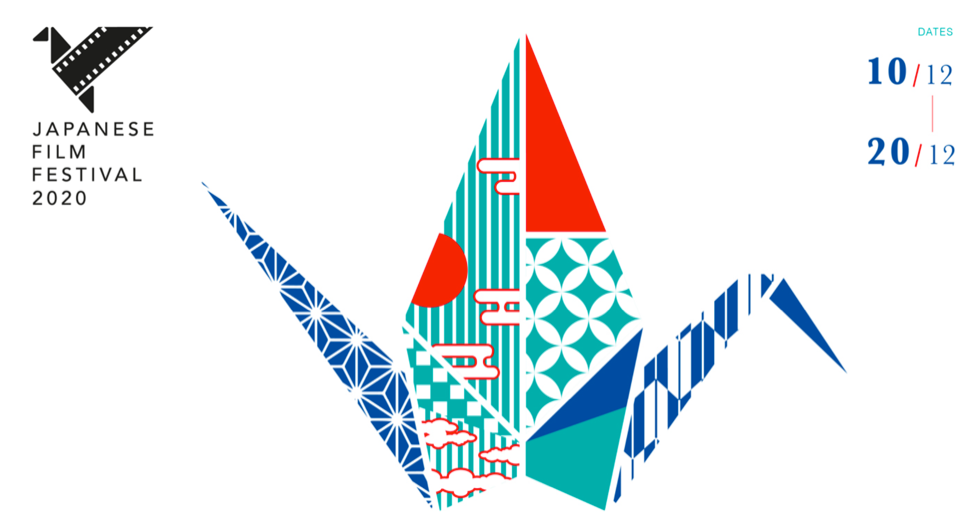
Key Art of JFF2020
Ask anybody who’s tried to plan an event these past 2 years and you’ll most likely get the same exasperated sigh of “COVID damn sian”. Well, it was no different for JFF. Adopting a hybrid format blending in-person screenings with online on-demand rentals, JFF had to adapt to a flux of shifting regulations and guidelines. This year, with one pandemic film festival under their belt, we sat down with its programmers, Hatta and Marlon, to chat about their roles and motivations, and to find out what exactly makes JFF so special.
As programmers, Hatta and Marlon have a whole host of responsibilities, which include: sourcing for films, liaising with distributors, reaching out to directors for Q&As, conceptualising the festival theme, and coordinating with stakeholders such as the Japan Creative Center.
However, the already difficult task of selecting about 20 films from the hundreds produced a year is made even more difficult when you have to decide which films are shown in-person or online.
For Marlon, the choice revolves around the viewer experience. Bringing up Joe Odagiri’s debut film “They Say Nothing Stays the Same”, which screened at JFF last year, Marlon points out that its slow-paced wide shots of nature and scenery are better viewed on an expansive theatre screen. However, the opposite is true as well. Arai Hiruko’s erotic “It Feels So Good” lends itself to an online format, as Marlon notes that people “are a bit shy, or are a bit paiseh”. This makes it more likely for them “to go online, buy the ticket and watch [it] themselves”, especially, as Hatta pointed out, due to its “high replay value”. Another thing more suited to online formats are Q&As. As compared to big cinema halls, having Director Q&As online can feel more intimate and direct. Unique to JFF, Hatta highlights that since most filmmakers do not speak English, the time gap during translations can feel especially long when experienced physically in a hall. Online, however, mediates the awkwardness and reduces the feeling of waiting. Furthermore, fewer delays allow for more topics and questions to be packed into an already tight schedule.
However, for a programmer, it’s not just the process of selecting films that has changed. Even for in-person viewings, long gone are the days of packed cinema halls. Now with seats evenly spaced out and covered in ubiquitous red tape, a hall that could previously hold 150 to 180 people now holds much less. To this, Hatta says with a tinge of nostalgia, the feeling of a sold-out audience is “completely different”.
Indeed, the entire endeavour of programming for the Japanese Film Festival seems deeply personal to both programmers. Hatta clarifies that his and Marlon’s professed bias against online screenings stems from their love for cinema. For him, “the whole point of cinema is that it’s an in-body experience”[1] . It isn’t just about watching a film on a giant screen, with a Dolby surround-sound system. To truly watch a film, one must have three clear things:
One is to go through the build-up of anticipation before watching it: to take the time to clear your schedule, to physically travel to the cinema, to buy a ticket -- and snacks if you’d like, and crucially, Hatta stresses, to sit in the dark theatre, waiting for the film to start. You wait, and wait, and wait, till you’re overwhelmed by a stunning projected image and sound system -- these are the prime pre-conditions for watching a film in person.
Two, to truly watch a film is to lose autonomy to it. Watching it in person, you can’t do anything other than pay full attention. You can’t pause, fast-forward, take a phone call -- only watch what the director created, and what they wanted you to experience.
Finally, to truly watch a film extends into after watching it as well, into the social aspect of moviegoing that one can’t find online. It’s watching to the end and filing out of the theatre with friends and family, going to get coffee or a meal, and then discussing or debating the film. Film appreciation is social as well, and that becomes evident when online screenings cut that away.
As strong as their opinions are on the physical necessity of moviegoing, both Hatta and Marlon have adapted to what’s needed, in order to program for a film festival in these COVID-19 times. In many ways, JFF is a passion project for them. They believe strongly in JFF, in the gains they have received from it, and what sets the festival apart.
In particular, both take pride in programming films that would never have made it to Singapore theatres, and in doing so, supporting up-and-coming Japanese directors. One example was “On-Gaku: Our Sound”, which they programmed at JFF last year. It was a small, independent animation -- its director’s feature debut -- that would never have come to Singapore, but they had watched the screener and immediately knew that it should be screened in cinemas. When both Marlon and Hatta attended the screening, the audience was riveted, and stayed till the very end. With nostalgic delight, Hatta recounts the experience of watching a film he programmed with an audience. It’s clear that bringing unique experiences to Singapore means a lot to both of them.
This is why both have pushed hard for JFF to be more than a festival[2] with films recommended by the Japan Cultural Centre in Singapore, or films they source themselves. Since their tenure as programmers, they’ve brought JFF into collaborations and educational endeavours. This year, JFF 2021 has a segment in the festival line-up to showcase films from Pia Film Festival, the longest running film festival in Japan. This is a premier festival that accepts only debut or second films from new directors, famous for launching the careers of giants in Japanese cinema, such as Kiyoshi Kurosawa, Shinobu Yaguchi, Sion Sono and Naomi Kawase. In 2019, Marlon and Hatta established a similar relationship with the Short Shorts Film Festival, from which they source short film submissions from Japan. Furthermore, Marlon and Hatta used their expertise and experience to give young programmers like this year’s understudies -- Deepag and Joellene -- mentorship, exposure and opportunities to source for and program films on their own. The JFF programmers are adamant that this is important, underlining that programming should be learnt through experience.
At the end of the day, Marlon and Hatta are programmers that want to do justice to the art of cinema. That feeds into the decisions they make, the films they select, the screening platforms they choose, and their genuine regret at online screenings. “Most of the time,” Marlon concludes, “we show what we love.”
With JFF 2021 fast approaching, we’re excited to see what they have in store for us.
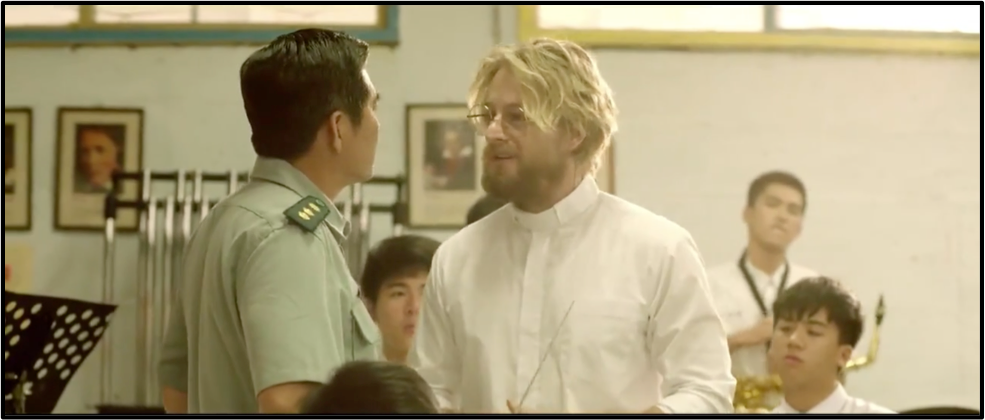
- - - - - - - - - - - - - - - - - - - - - - - - - - - - -
About the Programmers:
Marlon Ho graduated from LASALLE College of the Arts in film production and is the Programming Manager of Singapore Film Society. Once a year, he buckles up and takes on the role of Head of Programming for the Japanese Film Festival, and is mostly responsible for bringing you the abstract, odd, indie films that are bound to unsettle you. Come check out which ones he recommends at JFF 2021!
Hatta’s filmic ‘upbringing’ includes a seminal stint at The Substation, one of Singapore’s best-loved homes for the arts. Working on short and feature films there seeded his passion, and now he keeps a close eye on the latest titles and trends. He too misses going back to Japan; he misses checking out location shoots of past JFF titles. He’s also a tech geek, which means the marketing team gets all the memes from this year’s lineup. There is something for everyone; he’d love to share them with you!
About the Writers:
Sean is a NSF who volunteers for the Singapore Film Society in his free time and is excited to see JFF for the very first time.
Joellene is a second-year university student, and one of the programming understudies for JFF 2021. She’s incredibly grateful for the opportunity to work under Marlon and Hatta, and hopes that everyone reading this will come down and enjoy JFF 2021!

